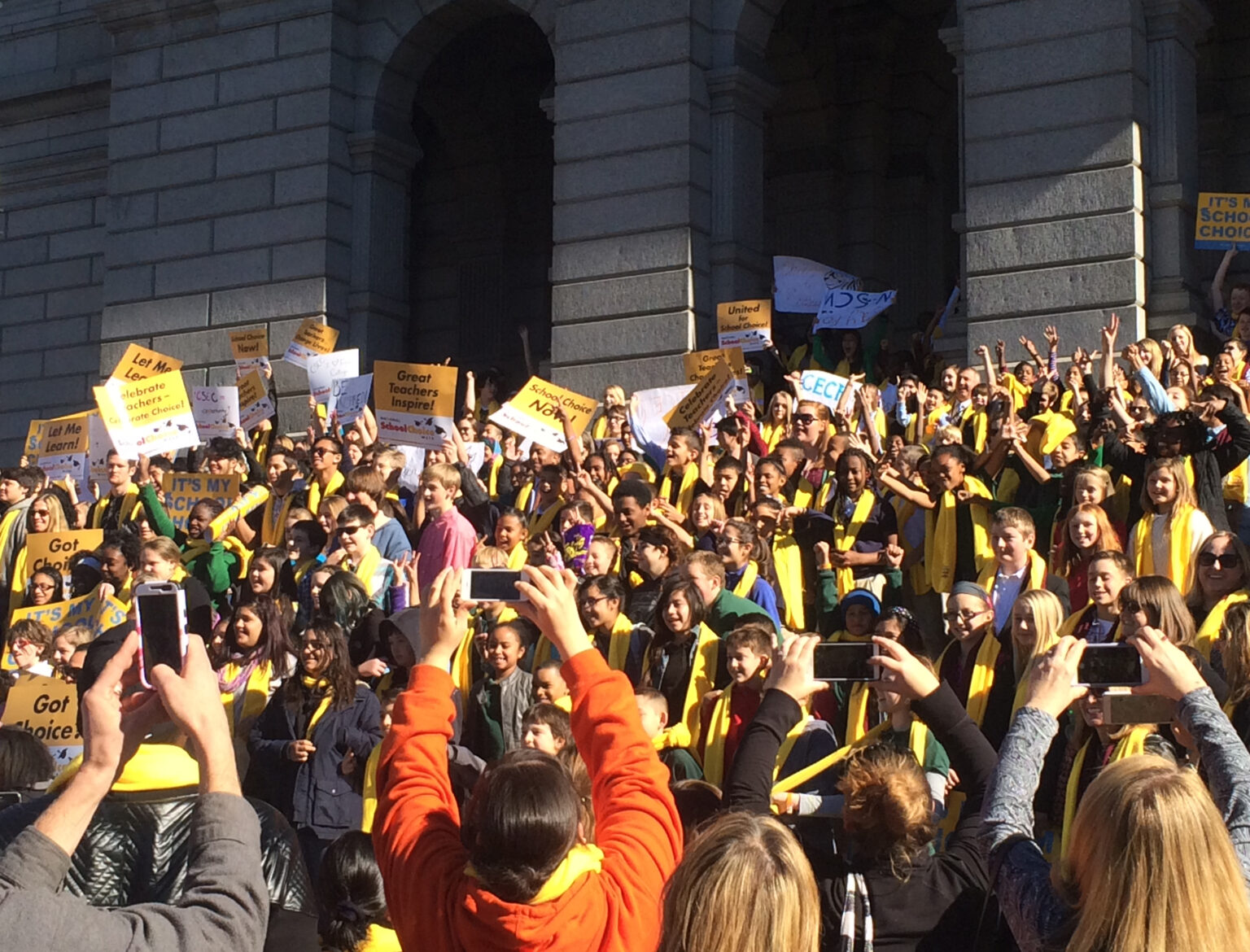Charter School Funding: The New Discrimination
If public education is America’s great equalizer – helping to level the playing field for the disadvantaged – why don’t all public school students receive equal funding?
That’s a question facing many local boards of education across the nation, which are increasingly adopting school choice programs but rejecting equal funding for charter school students.
Long ago, the nation, thanks to a historic Supreme Court case, Brown v. Board of Education, dismantled equal-in-name but unequal-in-practice, racially based school segregation. The time has come to make a similar change to local school system funding formulas that allot more funds to traditional public schools than public charter schools. Most of the present formulas, of course, are not as odious as segregation, but they could be considered just as onerous to the education of children from all backgrounds.
In my home state of Colorado, the average public charter school student receives an average of 20 percent less funding than their peers in traditional public schools, largely because of the unequal distribution of local tax revenue.
The issue is now coming to a head in Colorado, one of the first states to adopt charter schools, where the state legislature is debating a bipartisan bill to remedy the situation. The proposed legislation would make the state the first in the nation to ensure local school districts share local tax revenue with public charter school students on an equal basis.
This piece originally appeared in Fox Business. To read the entire piece, click here.

